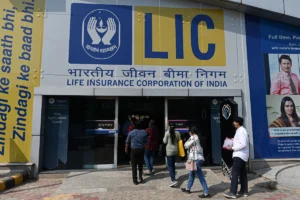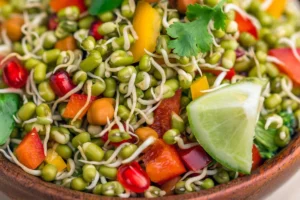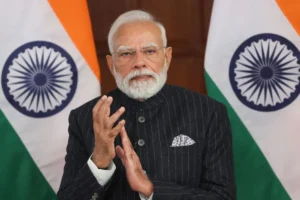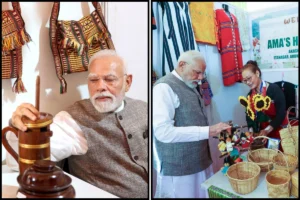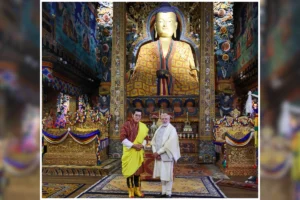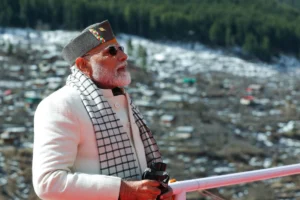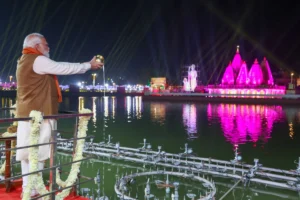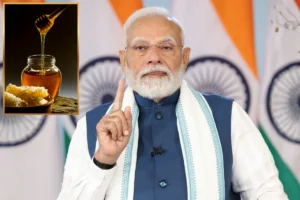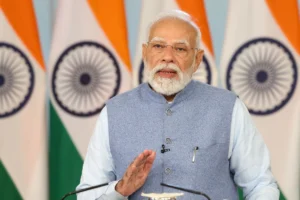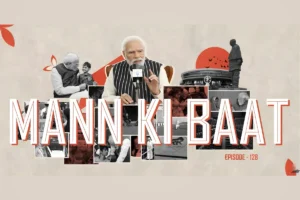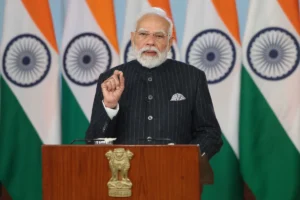
The Delhi government has recently released a comprehensive list of dry days in the national capital, encompassing both religious festivals and significant political events such as the 18th Lok Sabha polls. The schedule, announced by the excise department of Delhi, aims to regulate the sale of alcohol on specific dates to align with cultural sensitivities and electoral processes.
Here’s a breakdown of the declared dry days:
1. Id-ul-Fitr: April 11, 2024
2. Ram Navami: April 17, 2024
3. Mahavir Jayanti: April 21, 2024
4. Buddha Purnima: May 23, 2024
5. Id-ul-Zuha (Bakrid): June 17, 2024
Additionally, during the Lok Sabha polls, dry days will be observed:
- From 6:00 pm on April 24, 2024, to 6:00 pm on April 26, 2024
- Full day on June 4, 2024, which is the counting day for the 18th Lok Sabha polls.
The directive issued by the Delhi Excise Department emphasizes that licensees are not entitled to compensation for any changes made to the list. It mandates that all licensees prominently display this order within their premises and keep their business closed on dry days.
Also read: Chargesheet Reveals Shocking Allegations: Elvish Yadav Accused of Bringing Venom to Parties
This announcement follows previous directives where the Delhi government declared six dry days within the capital city, including Republic Day on January 26th, Guru Ravidas Jayanti on February 24th, Swami Dayanand Saraswati Jayanti on March 6th, Maha Shivaratri on March 8th, Holi on March 25th, and Good Friday on March 29th.
Moreover, other states like Uttar Pradesh have also implemented similar measures, such as declaring a ‘dry day’ on January 22nd given significant events like the Ram Temple consecration ceremony.
The authority to designate dry days for religious festivals and commemorations rests with the Delhi excise commissioner, ensuring that the sale of alcohol aligns with cultural sensitivities and important national events.
To read more such news, download Bharat Express news apps








